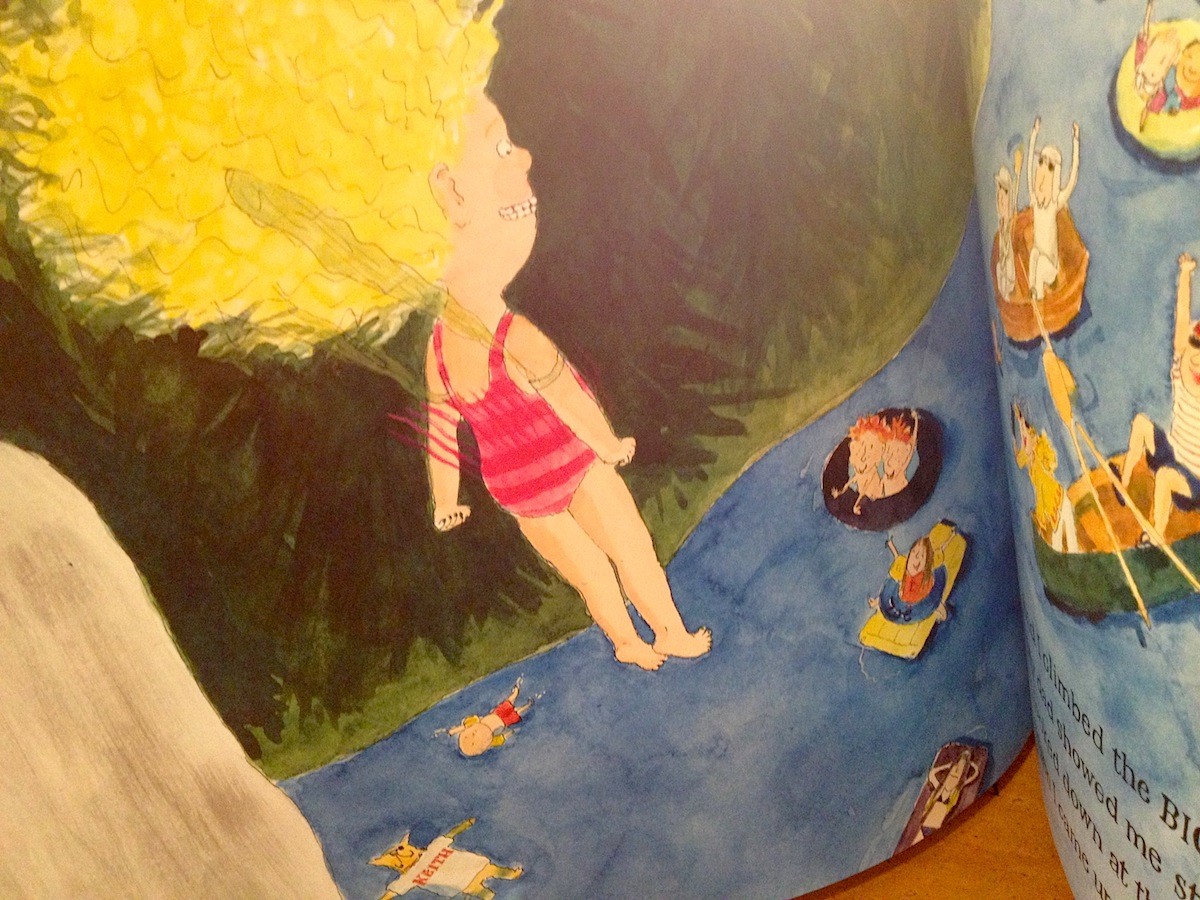Some firsts just happen.
Some come when I try.
Some firsts make me smile.
Some firsts make me cry.
But I knew at that moment—
though I’ve known all along—
that first things
first happen
when I’m brave, true, and strong.
–Jamie Lee Curtis, My Brave Year of Firsts: Tries, Sighs, and High Fives
All firsts aren’t equal. That night, after the birthday party, I fell asleep wondering what made the firsts we’ve had so exciting. We don’t savor our first taste of bile, first bandage, or even broken heart, regardless of their lessons. Remember them? Yes. Replay the script, sure. But we don’t wish we could rewind and hover there to relive it, wishing we could experience it again for the first time. Instead, we relish the first time we won the race, the first time the pretty girl initiated a conversation, the first time he passed us a true/false love note.
Here’s my theory. A lot of our firsts are designed as firsts because they’re meant to feed a need. There’s a lacking that needs to be filled. The earlier firsts satisfy our basic need to understand the world around us, to be self aware. We explore with our hands and tongues. The first time we feel heat from a stove we learn not to put our hand on it again. We’re satisfied, at least until we’re teenagers and try to see how slowly we can run a finger through the flame of a candle.

Your first kiss, winning the talent show competition, your lead in the school musical—a lot of these firsts are ego-centric, and the thrill of them nourish our hungry ego. Our egos need satisfying because there’s a lack of confidence, an inability to give ourselves validation. As we grow, we stop having those firsts, not simply because they’re no longer firsts and the novelty has worn, but because our ego hopefully doesn’t need as much feeding.
So our firsts transition to feed another area of our lives that’s lacking. Maybe the firsts become more nurturing: raising your first puppy, or first child, first time you had to deal with a health issue, yours or someone else’s—challenging yourself to get through these tougher things, mothering, nurturing, taking care of someone other than yourself, it’s what we hunger for during these firsts.
To be clear, not all of us experience the firsts chronologically. And many firsts pull from several categories simultaneously. It’s possible that your first kiss came the same day as your first pet’s fatal diagnosis. That your ego was being fed just as you had to hand feed a new pup. The firsts came when there was a need to be met.
As we age our firsts become more care-giving in nature, addressing parents and aging or having to start over again, whether it’s new jobs or getting your footing as an adult who has to date for the first time in twenty years. I think our firsts change as our needs change.
Eventually we need less validation, if we’ve graduated to that point, and we’ve done our share of raising and nurturing, then our firsts become “the first time I taught to a room full of strangers.” The firsts become more about giving back to the community, whether it’s an actual community, or a readership, mentoring, being generous with your knowledge. Our need evolves into the desire to leave our mark, a legacy, so our firsts become teaching our children things, offering friends the type of advice we wish someone had given us—however politically incorrect, leaving things behind to improve the lives of our loved ones, or of strangers. Your firsts change and become the first time you really gave back, selflessly, without your mother or school pushing you to do so.
It’s murky now, but overall, I think my theory is that the firsts we experience are doled out to us with a specific design intended to develop an area in our lives that is lacking. When we encounter patterns, the same scenarios with new characters, it’s because we need further development. At thirty-seven, I’d like to believe that I’ve only experienced a quarter of firsts.
I guess I’m also saying that there’s a link between what we experience and how we process and learn from those experiences, that it’s not necessarily random. Or maybe I’m just trying to create answers when there aren’t any, because gaps are unsettling and we look to fill-in answers even when they’re the wrong ones.




We were given this book for Christmas and it’s become our 2.5 year old’s favorite in the past couple of weeks. He calls it “My Brave Year of Firstests”.
I totally agree with you that we’re never done with firsts. Even when I’m bored with it, life is changing and bringing something new. How could it NOT with kids? I think it’s just about perspective.